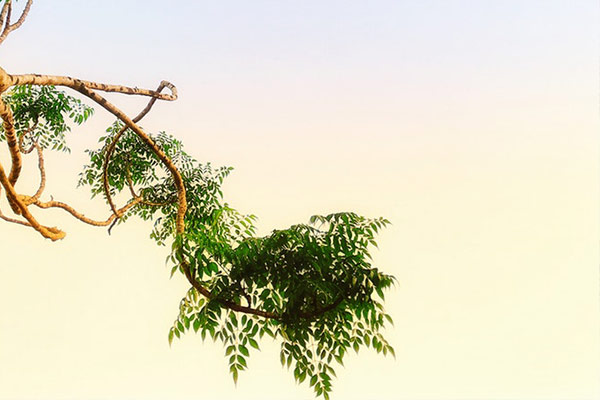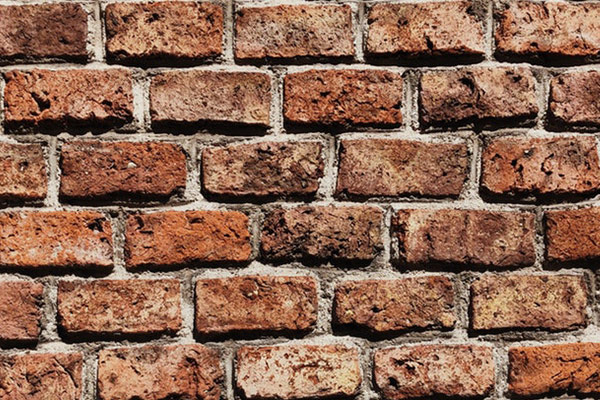How do we prove the world is an illusion? A hundred years ago, our ancestors relied entirely on logic to make deductions and come to a conclusion. Today, apart from logic, we can also rely on technology to substantiate the conclusion that all phenomena are ultimately empty.
Perhaps one might ask how matter can be ultimately empty when the more it is divided, the more matter is produced.
In philosophy and mathematics, we refer to things sometimes as infinitely large or infinitely small. However, this is an incorrect concept, since an infinitely small particle simply doesn't exist in this world. For instance, a minute can be divided into sixty seconds; a second can be divided into one hundred even smaller units; if we continue in this way, we end up with something we call infinitely small.
In fact, if a second can be divided indefinitely, time will stop permanently on that second, unable to get past it. Yet we all know, in the objective world, there is a time limit to a second. The two obviously contradict each other.
Similarly, if a molecule or electron can be divided indefinitely, then a building and a grain of rice will be equal in weight and mass. However, we know from experience a grain of rice hardly carries any weight or mass because it is comprised of very few molecules and atoms; a building, on the other hand, is massive and heavy because it is made up of a lot of molecules and atoms.
Why is there a contradiction? This is because there is a gap between our subjective consciousness and objective reality.
In other words, even though in concept a second can be divided into ten thousand units, or a hundred thousand units, etc., all of it is illusory. Just like a high-speed electric fan, we do not see the individual blades, only the circular form as a whole. Or a glass we drink from, we do not see the multitude of molecules and atoms which comprise it, or the many electrons which revolve around the nucleus of each atom. Our eye perception is very limited; we cannot see the true reality of phenomena, only the illusion.
~ Depicted from ARE U READY FOR HAPPINESS : The Significance of Buddhist Philosophy Today











